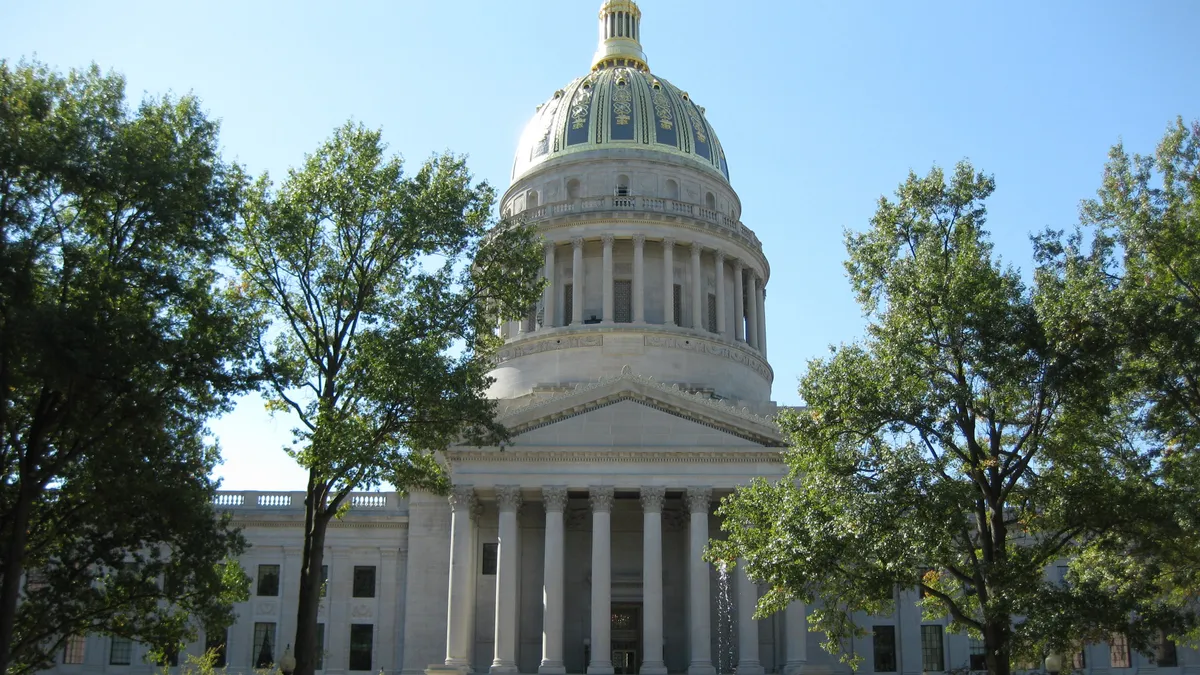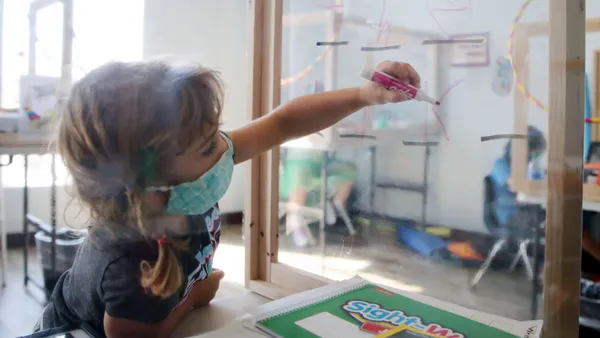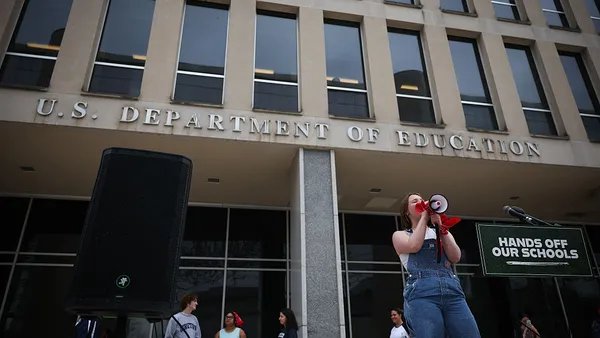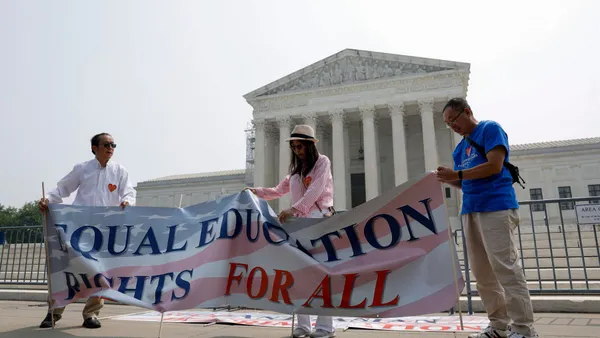The West Virginia Supreme Court on Thursday upheld the state’s Hope Scholarship Program as constitutional, reversing a lower court's decision and dissolving an injunction against the program.
The school choice program allows parents to access an education savings account with average per-pupil state funding set aside for their children to use on private school tuition, tutoring, transportation and other education services.
The decision will impact more than 3,000 students, said Andrew Clark, executive director of yes. every kid. foundation, in a statement. The nonprofit organization advocates for the school choice movement, including private school vouchers.
Children in West Virginia deserve "as many private sector options as possible" in addition to "the best public schools," said Patrick Morrisey, attorney general of West Virginia, in a social media post.
However, the scholarship funds will not be immediately available to families and likely will not be until the spring semester of the 2022-23 school year, according to a statement from Riley Moore, state treasurer. The previous court's injunction, Moore said, "prevented all state agencies from working on or transferring any funds for the Hope Scholarship Program."
Opponents of such programs say the money takes away from public schools and uses public dollars to fund private education.
The West Virginia decision comes just days after a similar law went into effect in Arizona as a petition drive failed to put the issue on the 2024 ballot.
Under the Arizona program, a student cannot be enrolled in public or charter schools to receive education savings account funds. Participating families are eligible for over $6,500 per year per child for private school, homeschooling, microschools, tutoring or any other form of education provided outside of a traditional public school system.








 Dive Awards
Dive Awards






